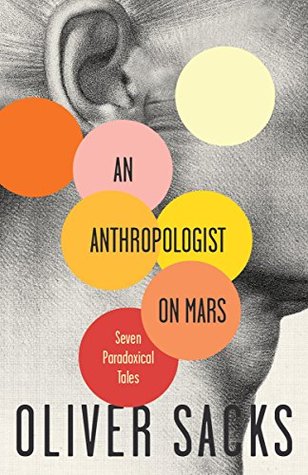More on this book
Community
Kindle Notes & Highlights
by
Oliver Sacks
Read between
August 14 - August 24, 2018
Such keen, fierce attention to every detail, such constant looking below the surface, such examination and analysis, are characteristic of the restless, questioning Tourettic mind. It is, so to speak, the other side of its obsessive and perseverative tendencies, its disposition to reiterate, to touch again and again.
Though Asperger regarded it as a biological defect of affective contact—innate, inborn, analogous to a physical or intellectual defect—Kanner tended to view it as a psychogenic disorder, a reflection of bad parenting, and most especially of a chillingly remote, often professional, “refrigerator mother.” At this time, autism was often regarded as “defensive” in nature, or confused with childhood schizophrenia. A whole generation of parents—mothers, particularly—were made to feel guilty for the autism of their children. It was only in the 1960s that this trend began to reverse, and the organic
...more
That the disposition to autism is biological is no longer in doubt, nor the increasing evidence that it is, in some cases, genetic. Genetically, autism is heterogeneous—it is sometimes dominant, sometimes recessive. It is much more common in males. The genetic form may be associated, in the affected individual or the family, with other genetic disorders, such as dyslexia, attention deficit disorder, obsessive-compulsive disorder, or Tourette’s syndrome. But autism may also be acquired. This was first realized in the 1960s with the epidemic of rubella, when a large number of babies exposed to
...more


